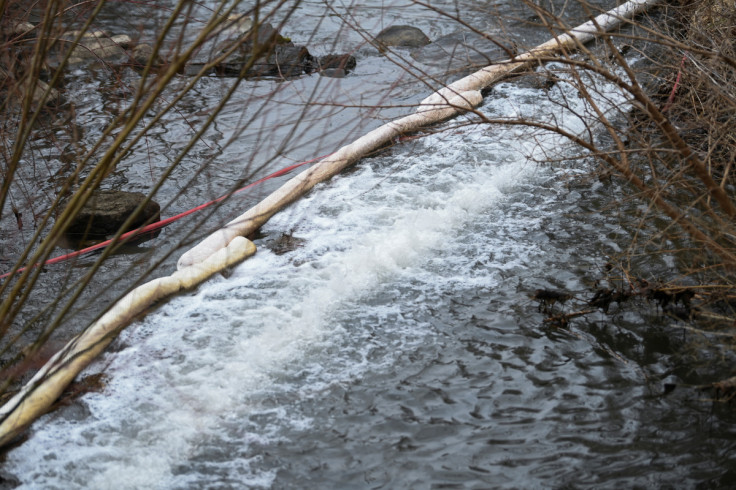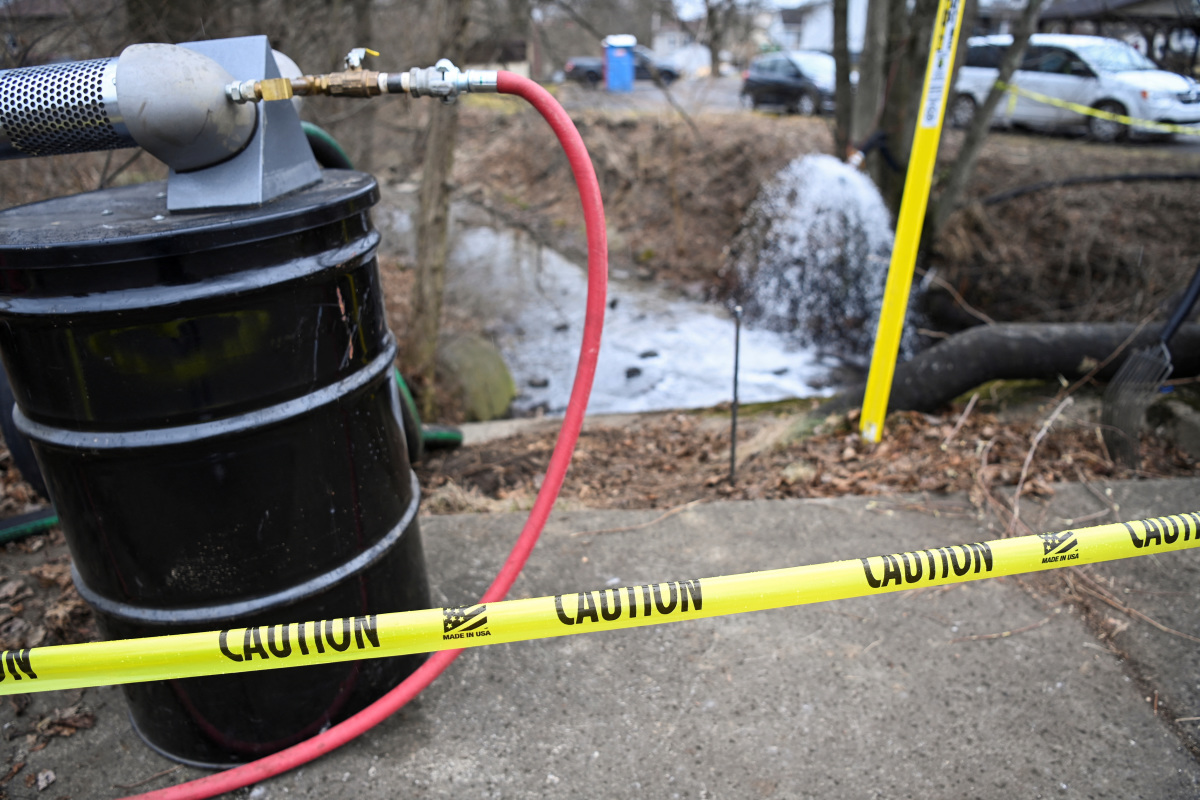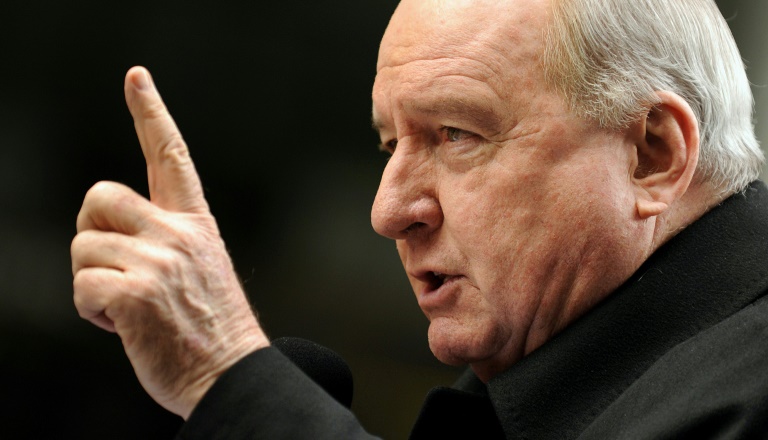Reuters
The Biden administration on Friday defended its response to a Feb. 3 derailment of a train carrying toxic chemicals in East Palestine, Ohio that caused a fire and sent a cloud of smoke over the town, saying it was sending more federal resources.
The White House said the Health and Human Services Department and Centers for Disease Control and Prevention (CDC) are deploying a team of medical personnel and toxicologists to conduct public health testing and assessments. Federal Railroad Administration chief Amit Bose will visit the site next week, while the Environmental Protection Agency (EPA) is conducting additional soil testing near the derailment, officials said.
The derailment of the Norfolk Southern operated train forced thousands of residents to evacuate while railroad crews drained and burned off chemicals. There were no reported fatalities or injuries. EPA air monitoring testing has not detected any levels of health concern stemming from the derailment.
Norfolk Southern Chief Executive Alan Shaw said the railroad has established an initial $1 million community support fund and distributed $1.7 million in direct financial assistance to more than 1,100 families and businesses to cover evacuation costs. “We will not let you down,” he told residents in a letter.
Ohio Governor Mike DeWine said Friday a plume of pollution that had been moving down the Ohio River, a source of drinking water for 5 million people, had now dissipated, and that state testing never showed that any contaminated water entered any municipal drinking systems in its path.
DeWine called on Congress to review railroad safety regulations, lamenting states have little power to demand information about what types of hazardous goods are rolling through their borders.
Transportation Secretary Pete Buttigieg said Thursday more needs to be done to address rail safety in the face of hundreds of annual train derailments. He noted there are roughly 1,000 train derailments annually.
DeWine said he hopes there is a full presidential commission or extensive hearings in Congress to investigate the accident and ensure that it never happens again.
A spokesman for House Transportation and Infrastructure Committee chair Sam Graves said “instead of speculating about all the potential factors, I want to fully understand the facts involved. When we have the facts, Congress can consider what next steps may be necessary.”
The Association of American Railroads said the National Transportation Safety Board (NTSB) should proceed with their investigation into the accident before any changes to safety rules are made.
NTSB Chair Jennifer Homendy said on Twitter that a scrapped rule to mandate electronically controlled pneumatic brakes would not have prevented the derailment because that would only apply to high hazard flammable trains.

Reuters







